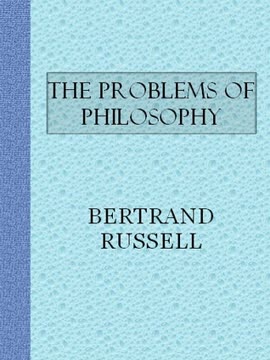Key Takeaways
1. Kant's Life: Duty and Routine Shaped His Philosophy
The greatest modern philosopher was moved by nothing more than by duty.
Disciplined life. Immanuel Kant's life, marked by unwavering dedication to duty and a meticulously structured routine, profoundly influenced his philosophical pursuits. Born in Königsberg in 1724, Kant's upbringing in a devout Pietist household instilled in him a deep sense of obligation and moral rectitude, which would later become central tenets of his ethical framework.
Academic pursuits. Despite facing financial constraints and physical challenges, Kant excelled in his academic endeavors, eventually securing a professorship at the University of Königsberg. His commitment to scholarship and teaching remained steadfast throughout his career, as he diligently lectured on a wide range of subjects, from mathematics and physics to metaphysics and logic.
Personal habits. Kant's daily routine, characterized by strict adherence to schedules and a preference for solitude, reflected his belief in the importance of self-discipline and intellectual rigor. While some criticized his lifestyle as rigid and detached, it provided him with the structure and focus necessary to develop his groundbreaking philosophical ideas.
2. Bridging Rationalism and Empiricism: Kant's Revolutionary Synthesis
Without sensibility no object would be given to us, without understanding no object would be thought.
Reconciling opposing views. Kant sought to reconcile the opposing schools of rationalism, championed by Leibniz, and empiricism, advocated by Hume, by proposing a synthesis that integrated elements of both. He argued that knowledge arises from the interaction between sensory experience and the inherent structures of the mind.
A priori knowledge. Kant introduced the concept of synthetic a priori knowledge, which refers to truths that are both independent of experience and informative about the world. He believed that mathematics and certain metaphysical principles fall into this category, providing a foundation for objective knowledge.
Transcendental idealism. Kant's transcendental idealism posits that our experience of the world is shaped by the categories of the understanding and the forms of intuition, such as space and time. While we can have knowledge of the world as it appears to us, we cannot access the "thing-in-itself" independently of our cognitive faculties.
3. The Transcendental Deduction: Establishing Objective Knowledge
The “I think” which can accompany all my perceptions.
Self-consciousness as the foundation. Kant's transcendental deduction begins with the premise of self-consciousness, arguing that the ability to recognize oneself as the subject of experience is a necessary condition for objective knowledge. He posited that the "I think" must accompany all our perceptions.
Categories of understanding. Kant identified a set of fundamental concepts, or categories, that structure our experience and make objective knowledge possible. These categories, such as substance, cause, and community, are not derived from experience but are inherent in the understanding itself.
Objective validity. Kant argued that the categories of the understanding have objective validity because they are presupposed in the very possibility of experience. In order to have self-conscious experience, we must inhabit a world that conforms to the categories, thereby establishing the objectivity of our knowledge.
4. The Logic of Illusion: Unmasking Metaphysical Fallacies
The pure concepts of the understanding can never admit of transcendental but always only of empirical employment.
Limits of pure reason. Kant critiqued the pretensions of rationalist metaphysics, arguing that attempts to gain knowledge of the "unconditioned" through pure reason alone inevitably lead to illusion and contradiction. He believed that reason must be constrained by the limits of experience.
Antinomies of pure reason. Kant identified several antinomies, or pairs of contradictory propositions, that arise when reason attempts to grasp the totality of the world. These antinomies, such as the question of whether the world has a beginning in time, demonstrate the inherent limitations of speculative metaphysics.
Regulative principles. While rejecting the constitutive use of metaphysical ideas, Kant argued that they can serve as regulative principles, guiding our inquiry and promoting the systematic investigation of nature. These ideas, such as the idea of a perfect creator, can inspire us to seek ever wider and simpler laws.
5. The Categorical Imperative: Grounding Morality in Reason
Ought implies can.
Freedom and morality. Kant's ethics is grounded in the concept of freedom, which he sees as a necessary condition for moral responsibility. He argued that the moral agent must be free to choose between different courses of action.
Hypothetical vs. categorical imperatives. Kant distinguished between hypothetical imperatives, which are conditional on our desires, and categorical imperatives, which are unconditional commands of reason. He argued that morality can be expressed only in categorical imperatives.
Formulations of the categorical imperative. Kant formulated the categorical imperative in several different ways, including the principle of universalizability, the principle of treating humanity as an end in itself, and the principle of autonomy. These formulations provide a framework for determining our moral duties.
6. Aesthetic Judgement: Finding Purpose and Harmony in Beauty
Beauty is that which pleases universally without [requiring a] concept.
Subjective universality. Kant explored the nature of aesthetic judgement, arguing that it involves a subjective experience of pleasure that is nevertheless postulated as universally valid. He sought to explain how we can claim that others ought to share our aesthetic appreciation.
Disinterested contemplation. Kant emphasized the importance of disinterested contemplation in aesthetic judgement, arguing that we must set aside our personal interests and desires in order to appreciate the beauty of an object. This disinterestedness allows us to experience the object as an end in itself.
Purposiveness without purpose. Kant introduced the concept of "purposiveness without purpose" to describe the way in which beautiful objects seem to exhibit design and order without serving any specific function. This purposiveness reflects a harmony between our cognitive faculties and the natural world.
7. Enlightenment and Law: Reconciling Freedom with Political Order
Every action is just [recht] if it or its maxim allows each person’s freedom of choice to coexist together with the freedom of everyone in accordance with a universal law.
Social contract. Kant used the idea of a social contract as a test for the legitimacy of laws. He argued that a law is just only if it is possible that a whole people could consent to it.
Human rights. Kant believed that all people have certain innate rights, including the right to freedom. He argued that these rights should be protected by law.
Republicanism. Kant advocated for a republican form of government, in which the people are represented in the legislature and laws are made in accordance with the general will. He believed that this form of government is most conducive to freedom and justice.
8. Kant's Enduring Legacy: Shaping Modern Thought
Two things fill the heart with ever renewed and increasing awe and reverence, the more often and the more steadily we meditate upon them: the starry firmament above and the moral law within.
Influence on subsequent philosophy. Kant's critical philosophy has had a profound and lasting influence on subsequent philosophical thought, shaping the development of metaphysics, ethics, aesthetics, and political philosophy. His ideas continue to be debated and reinterpreted by contemporary thinkers.
Emphasis on autonomy and reason. Kant's emphasis on autonomy, reason, and the importance of treating all persons as ends in themselves has resonated with generations of philosophers and activists. His moral and political philosophy provides a powerful framework for defending human rights and promoting social justice.
Critique of dogmatism and skepticism. Kant's critical method offers a valuable antidote to both dogmatism and skepticism, encouraging us to question our assumptions and to seek a balanced and nuanced understanding of the world. His legacy lies in his commitment to intellectual rigor, moral responsibility, and the pursuit of enlightenment.
Last updated:
Review Summary
Kant: A Very Short Introduction receives generally positive reviews for making Kant's complex philosophy accessible, though some still find it challenging. Readers appreciate Scruton's clear explanations and contextualization of Kant's ideas. The book covers Kant's major works and concepts, including his critiques, ethics, and aesthetics. While some struggle with the density of the material, many find it a valuable introduction to Kant's thought. Critics note that prior philosophical knowledge may be helpful for full comprehension.
Very Short Introductions Series Series

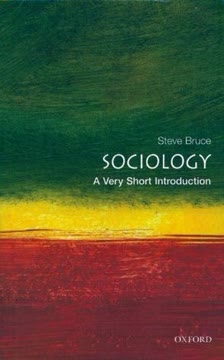

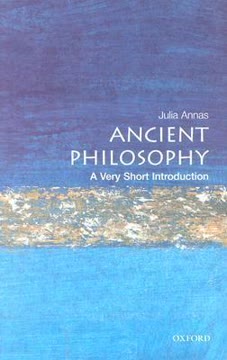

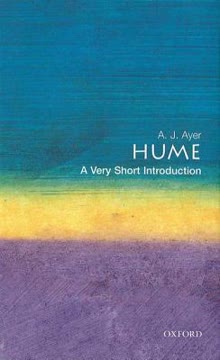

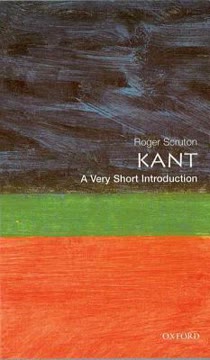
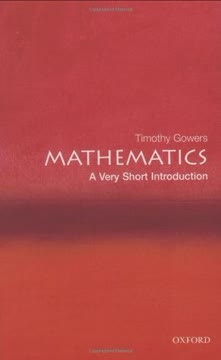
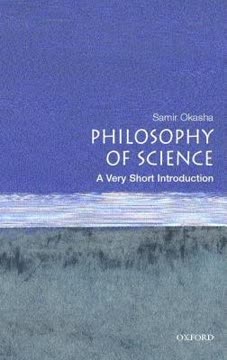
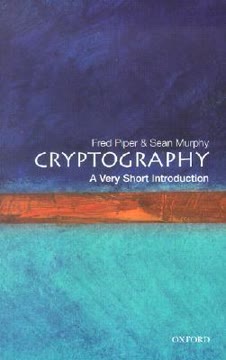
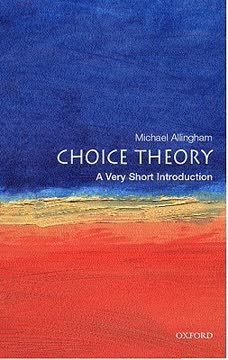
Similar Books
Download PDF
Download EPUB
.epub digital book format is ideal for reading ebooks on phones, tablets, and e-readers.




